Florida’s spring-flowering tickseeds
In the spring, many Florida roadsides and natural areas are painted yellow with showy Coreopsis, commonly known as tickseed. Florida’s state wildflower, five of our 12 native species bloom in spring.
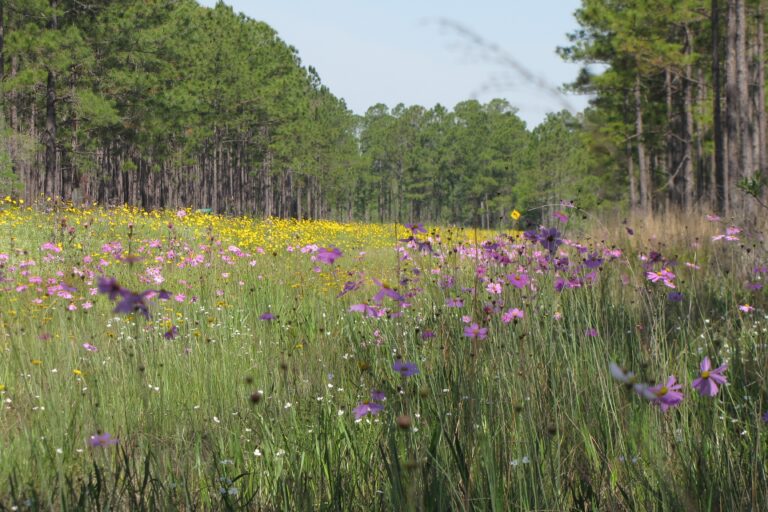
In the spring, many Florida roadsides and natural areas are painted yellow with showy Coreopsis, commonly known as tickseed. Florida’s state wildflower, five of our 12 native species bloom in spring.
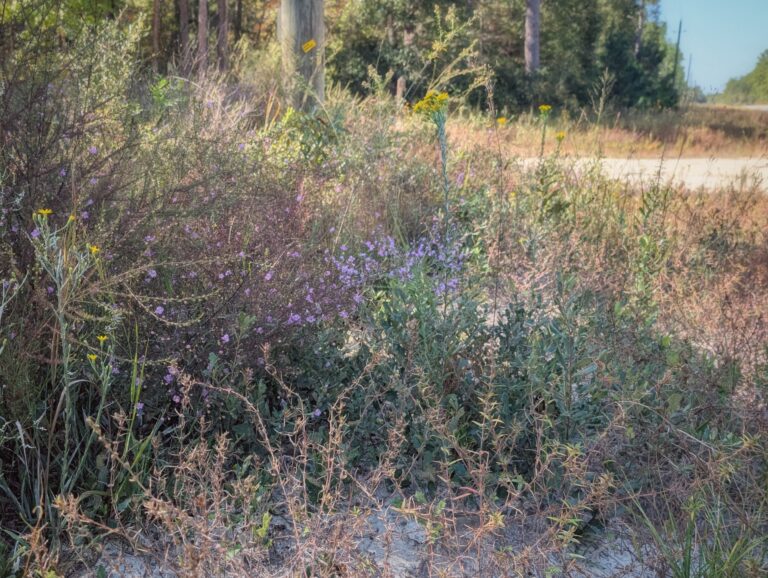
In 2010, Leon County became a pioneer in Florida by adopting a wildflower resolution to preserve native wildflowers on roadsides. They have recently revitalized and expanded the program. Check out the latest update!
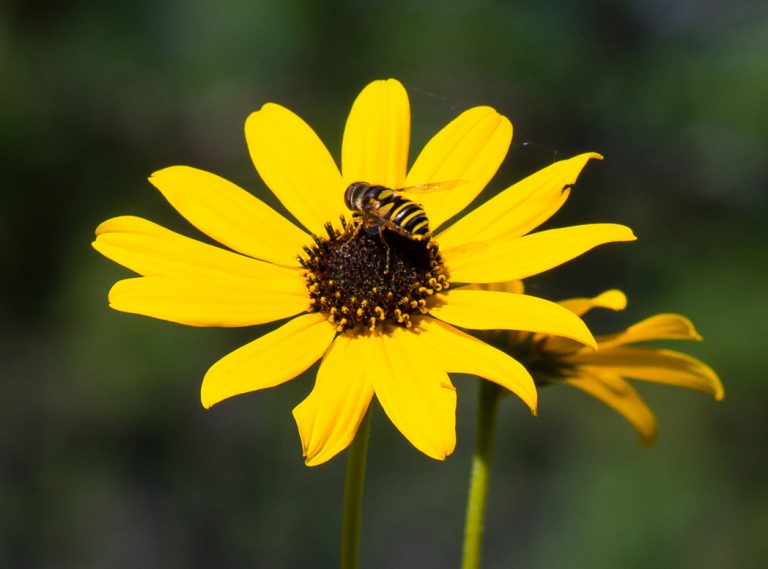
Narrowleaf sunflower (Helianthus angustifolius) is one of Florida’s most common native sunflowers. In nature, it forms dense colonies, resulting in spectacular swaths of sunshine yellow when in bloom.
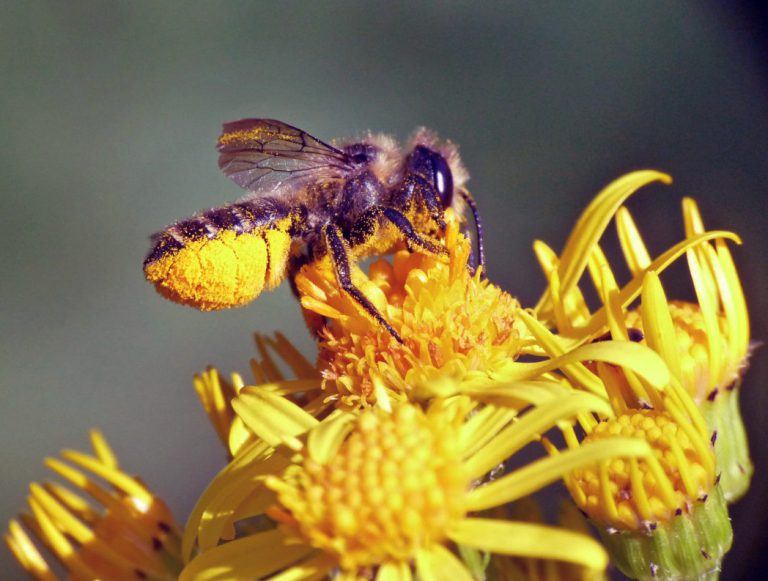
Megachilidae (commonly referred to as leafcutter, mason, orchard or cuckoo bees) are a large family of solitary nesters with distinctive and fascinating behaviors.
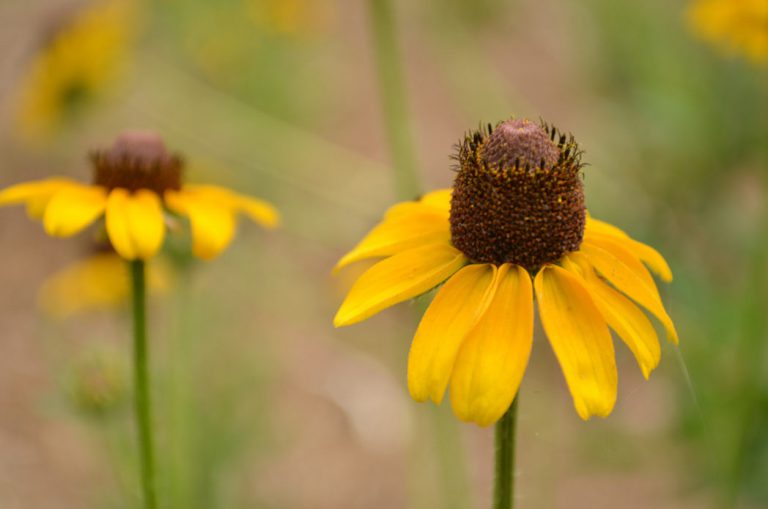
“Fall is for planting” has been the unofficial promotional campaign of the nursery industry for many years. This slogan applies to sowing seeds of native wildflowers and grasses as well, at least here in Florida.
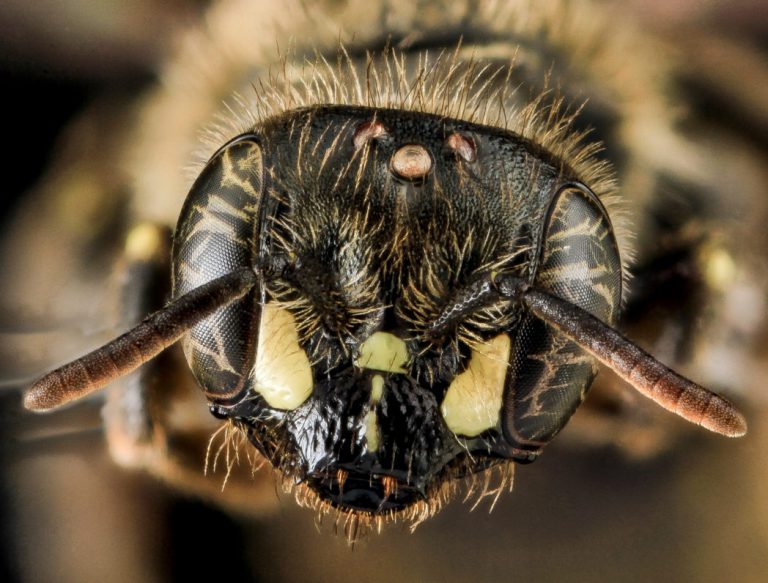
Mining bees (Andrenidae) are a diverse family and some of the first bees to fly come spring. But if you don’t see them in the air, you can usually spot their conspicuous nest entrances on the ground marked by mounds of excavated soil.
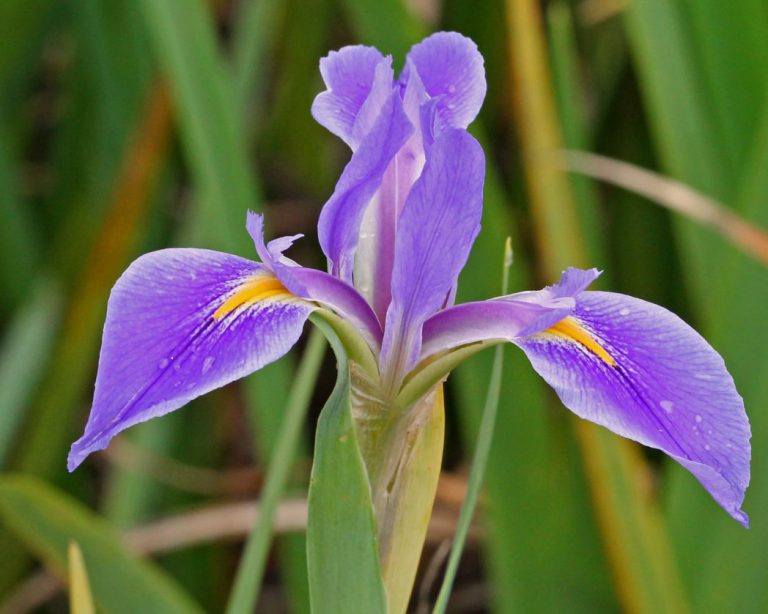
Prairie iris (Iris savannarum) is an emergent aquatic with showy flowers that bloom in spring. It has one of America’s largest native iris flowers.
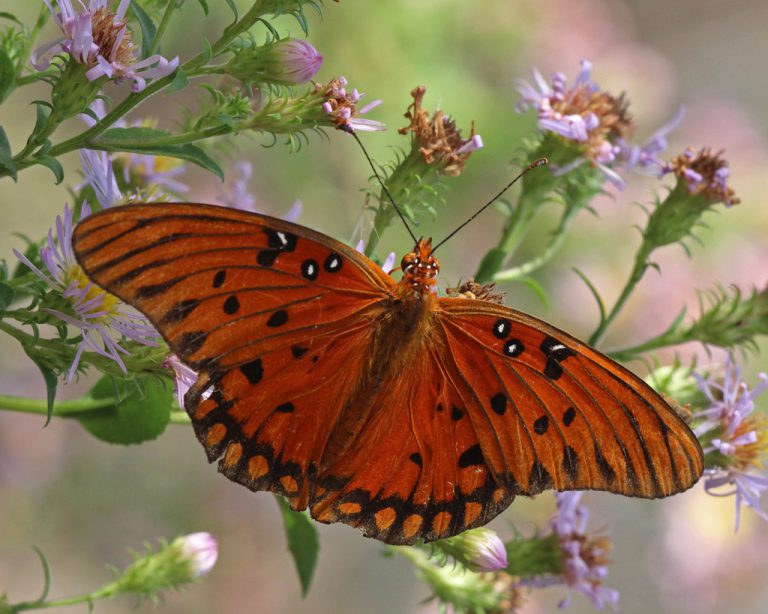
The Gulf fritillary is sometimes known as the Passion butterfly — so named because of its ardor for Passionflower. You will find so much to love about this unique pollinator!
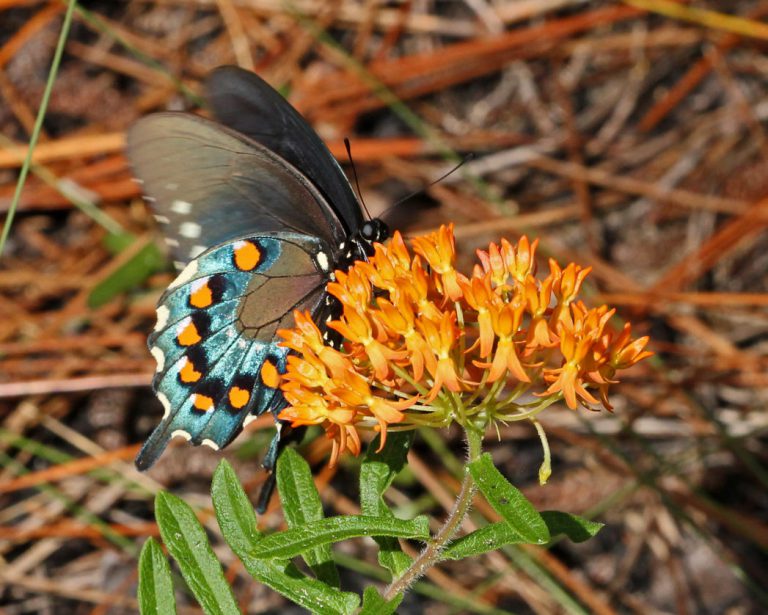
This charming swallowtail butterfly is easily distinguishable by the iridescent blue shimmer glowing from the hindwing when wings are open, and the orange spots and blue background on the hindwing when the wings are closed.
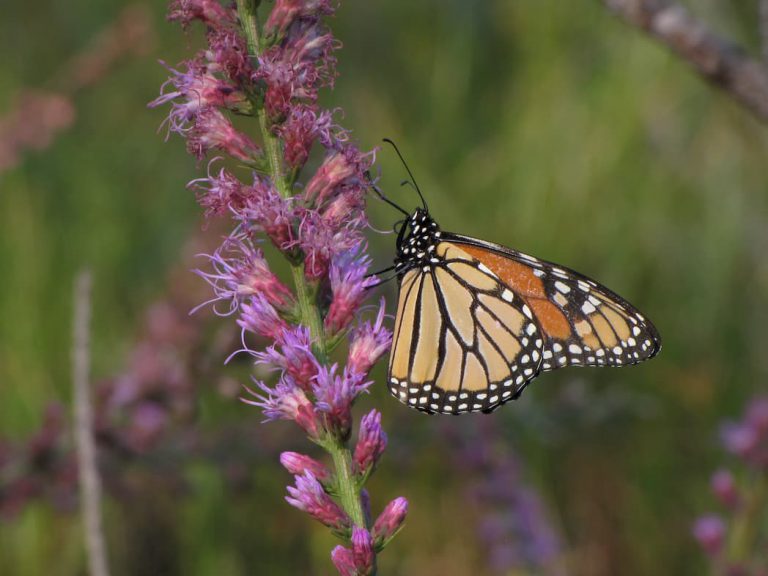
This bloom report is from fall 2020. Fall is a time to look for showy displays of native wildflowers and grasses this fall, such as Blazing star.
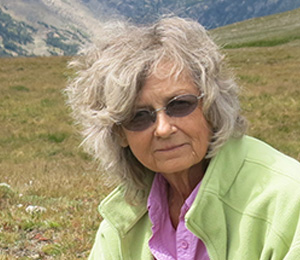
In this webinar, Nancy Bissett presents easy-to-grow native wildflowers that attract a variety of butterflies and other pollinators essential to Florida’s natural health.
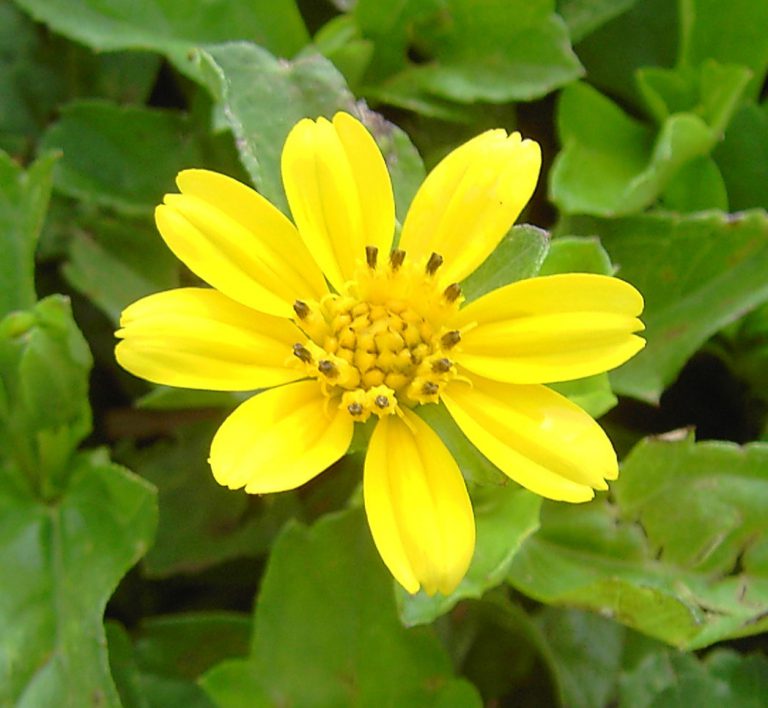
FWF Executive Director Stacey Matrazzo discusses some of the invasive species commonly used in home landscapes and highlights the native plants to use in their place.